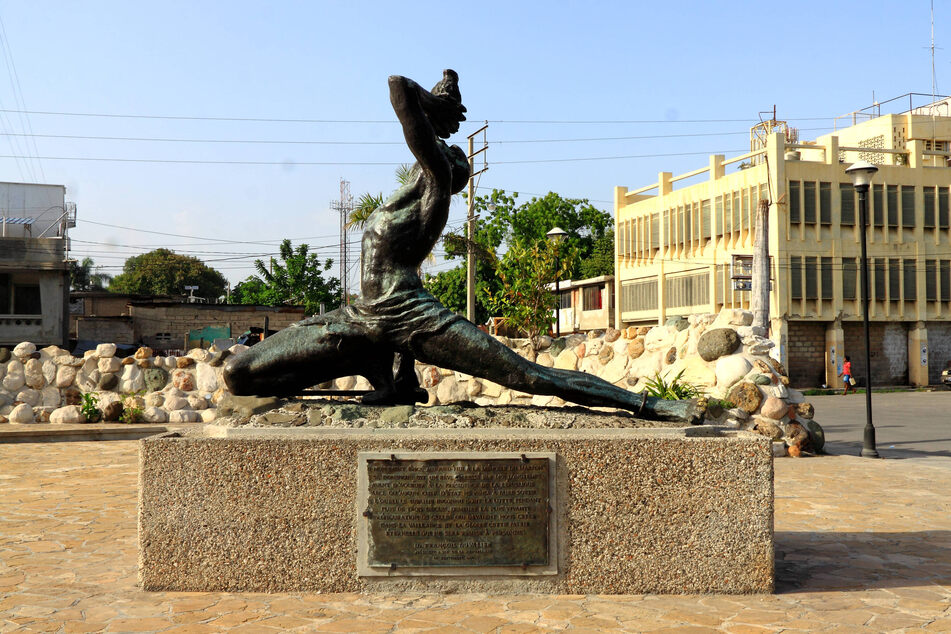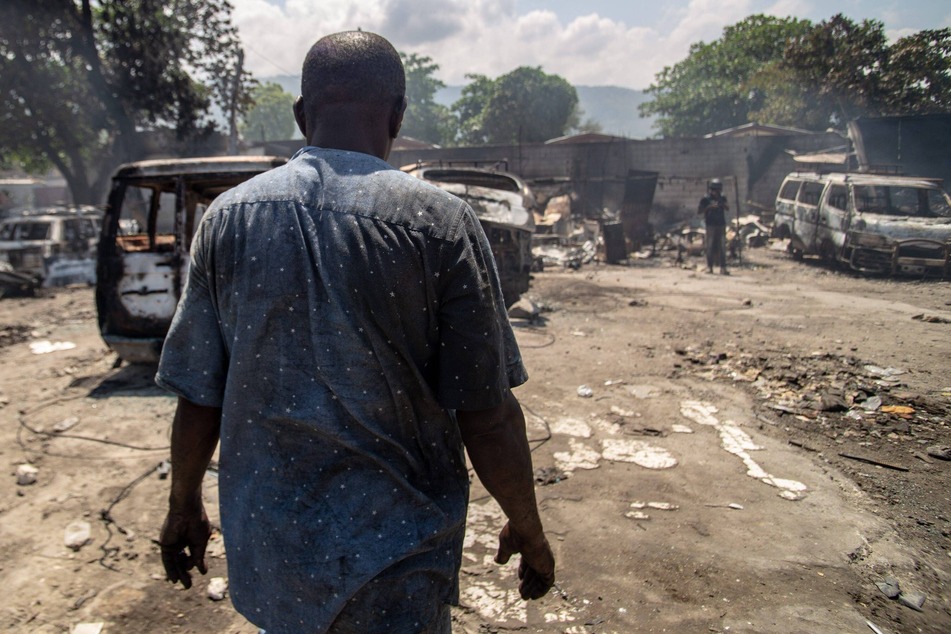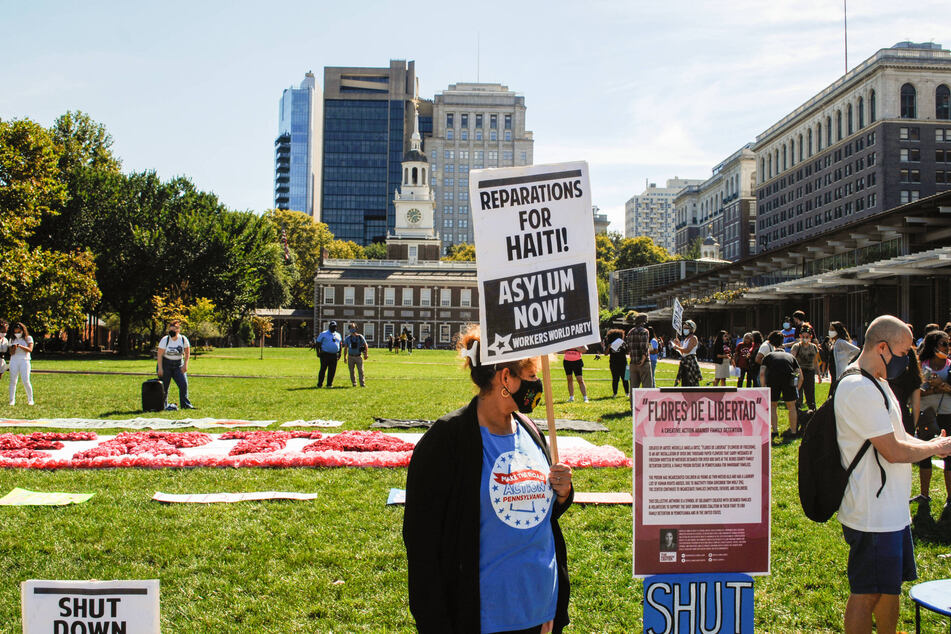Making the Black Republic a reality: Haiti's fight for reparations at the United Nations
Geneva, Switzerland - Reparatory justice for Haiti is taking center stage as the third session of the United Nations Permanent Forum on People of African Descent prepares to kick off in Geneva, Switzerland.

Haitians inspired oppressed peoples around the world when they rose up against European enslavers to assert their independence, putting their lives on the line to win true liberty, equality, and fraternity.
But today, Haiti's infrastructure has collapsed as gangs – armed with weapons from the United States – wreak havoc on working-class communities. These security concerns have resulted in severely limited access to education, employment, and health care and a sharp uptick in sexual violence.
Via the Permanent Forum on People of African Descent, diplomats and civil society representatives aim to devise an international framework for improving the quality of life in Haiti and beyond.
But in Haiti, as elsewhere, finding transformative solutions to present-day problems requires looking at the root causes of instability.
"How did we get from the first Black Republic […] to this country we are today?" Haitian-American clinical neuropsychologist Dr. Marie Lemy asked during a Monday side event organized by the Permanent Forum's International Civil Society Working Group, Bread for the World, and more.
The answer, Dr. Lemy said, lies in Western nations' history of interference, designed to punish formerly enslaved people and their descendants for "having the nerve to free ourselves."
"What if reparations had been paid to Haiti?"

When the French colony of Saint-Domingue won independence in 1804, it became the first Black-led republic in the world and the first country ever established by formerly enslaved people. The new nation was named Haiti (Ayiti in Haitian Creole).
Saint-Domingue, known as the "Pearl of the Antilles," was responsible for a great deal of France's wealth generation during the enslavement era.
Unwilling to give up its source of economic power, France in 1825 demanded the new nation pay a total of 150 million francs in exchange for recognition of independence – an egregious example of gunboat diplomacy. The sum was far beyond Haiti's means and started a cycle of debt and transgenerational trauma that continues to plague the nation to this day.
A 2022 New York Times analysis found that the money Haiti gave France would have added at least $21 billion to the country's economy over the last two centuries. Instead, those funds and opportunities were diverted to line the pockets of white Europeans an ocean away.
The United States has also played a key role in Haiti's exploitation. US Marines invaded and looted Haiti's National Bank in December 1914, transferring $500,000 in gold reserves to New York. The next summer, the US launched a 19-year occupation of the country.
Foreign intervention left Haiti vulnerable amid a string of natural disasters, epidemics, and political unrest, culminating in the gang violence the country is experiencing today.
These conditions are by design and inseparable from the country’s history of colonial theft, advocates at the United Nations argue.
"What if reparations had been paid to Haiti rather than to France? What if there had even been an attempt at atoning for the genocidal crimes against humanity in the first Black Republic in the Western hemisphere? What if Haiti had received what was due to build their country?" challenged attorney and author Nkechi Taifa of the Reparation Education Project.
"Let’s make the Black Republic a reality"

Recent political developments may signal light at the end of the tunnel when it comes to the immediate security concerns in Haiti.
"At the core of this crisis is the political situation," said David Comissiong, Barbados' ambassador to the Caribbean Community.
Last Friday, a public decree announced a transitional council tasked with selecting the country’s next prime minister and Cabinet. Members include representatives of the main political parties as well as civil society representatives.
Haiti's last general elections took place in 2016. Unelected Prime Minister Ariel Henry has agreed to step down when the transitional government takes power.
Despite what Comissiong views as "very promising" political developments, reparations remain crucial to restoring Haiti and improving the quality of life for its people.
Speakers at Monday's event emphasized that reparatory justice is about enabling healing for those suffering the ongoing ravages of anti-Black racism, as well as bringing people of all backgrounds together in understanding of their common humanity.
"It's not 'what if.' It's 'when.' And it will happen," Dr. Lemy said, stressing the importance of international solidarity as well as robust engagement with the Haitian diaspora.
"Let's make the Black Republic a reality," she urged.
The third session of the Permanent Forum on People of African Descent runs from April 16-19 in Geneva, with reparations a central theme of discussions.
Cover photo: IMAGO / VWPics

